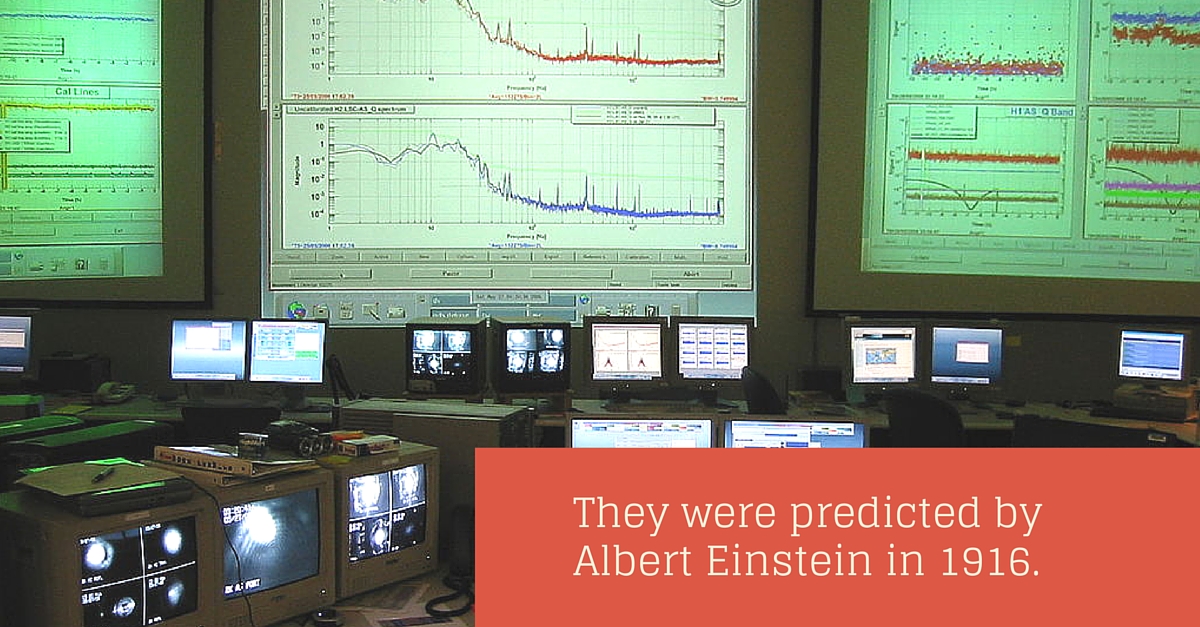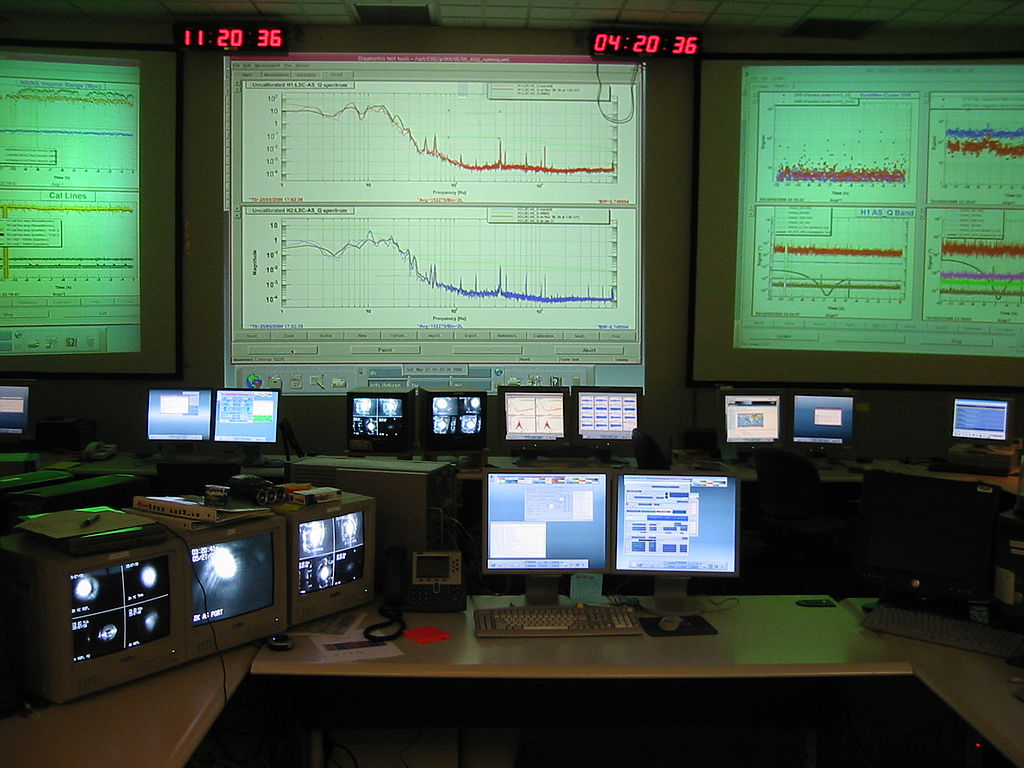Gravitational Waves Breakthrough – Crucial Role Played by Indian Scientists
A consortium of scientists including many from India, confirmed on Thursday that they have detected gravitational waves that were first predicted by Albert Einstein. Indian scientists played a very important role in this discovery.

A consortium of scientists, including many from India, confirmed on Thursday that they have detected gravitational waves that were first predicted by Albert Einstein on the basis of his theory of general relativity in 1916. Gravitational waves are small ripples in space-time that propagate as waves at the speed of light. They transport energy as gravitational radiations.
After four months of analysis, scientists confirmed they have detected a signal from space from 1.3 billion years ago.
Indian scientists played a very important role in designing the algorithms that were used to analyse the signals to ensure they were actually from a gravitational wave.

Source: Wikimedia
These signals, travelling as gravitational waves, were created after the fusion of two black holes into a single one. Such a phenomenon was observed for the first time ever.
“It is an extremely significant find and Nobel worthy,” Bala Iyer, a theoretical physicist who was among the leaders of the Indian consortium, told The Hindu.
Prime Minister Narendra Modi congratulated Indian scientists for their role, and also approved a project to have a gravitational-wave detector in India.
Hope to move forward to make even bigger contribution with an advanced gravitational wave detector in the country.
— Narendra Modi (@narendramodi) February 11, 2016
Immensely proud that Indian scientists played an important role in this challenging quest.
— Narendra Modi (@narendramodi) February 11, 2016
Until now, scientists have been trying to detect these waves with the help of laser instruments, known together as the Laser Interferometer Gravitational-Wave Observatory (LIGO). The LIGO project operates three gravitational-wave (GW) detectors — two are in the US, and one in Italy. The LIGO work is funded by the National Science Foundation, an independent agency of the US government.
The Indian Initiative in Gravitational-Wave Observations (IndIGO), a consortium of Indian gravitational-wave physicists, was set up in 2009. It has 61 scientists from nine institutions — CMI Chennai, ICTS-TIFR Bengaluru, IISER-Kolkata, IISER-Trivandrum, IIT Gandhinagar, IPR Gandhinagar, IUCAA Pune, RRCAT Indore, and TIFR Mumbai. According to a report in The Indian Express, the discovery paper has 35 authors from these institutions. The announcement about the detection was made simultaneously at IUCAA Pune, and by scientists in Washington DC. IndIGO is the Indian partner, along with the LIGO laboratory in USA, in planning the proposed LIGO-India project.
Sanjeev Dhurandhar, one of the founder members of IUCAA, was also among the key scientists involved in the project. He led a group at IUCAA that had started work on developing techniques for detection of weak signals which would eventually lead to detection of gravitational waves.
Like this story? Or have something to share? Write to us: [email protected], or connect with us on Facebook and Twitter (@thebetterindia).
If you found our stories insightful, informative, or even just enjoyable, we invite you to consider making a voluntary payment to support the work we do at The Better India. Your contribution helps us continue producing quality content that educates, inspires, and drives positive change.
Choose one of the payment options below for your contribution-
By paying for the stories you value, you directly contribute to sustaining our efforts focused on making a difference in the world. Together, let’s ensure that impactful stories continue to be told and shared, enriching lives and communities alike.
Thank you for your support. Here are some frequently asked questions you might find helpful to know why you are contributing?


This story made me
-
97
-
121
-
89
-
167













